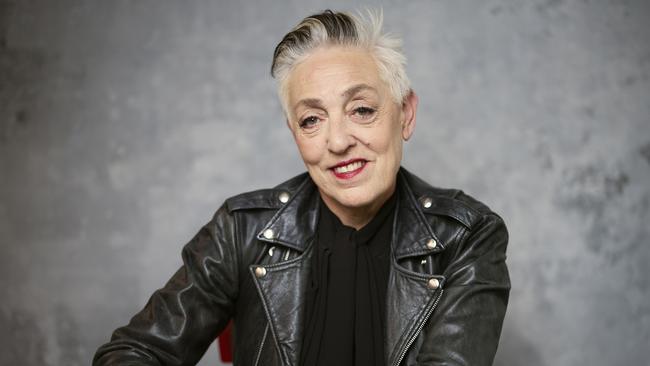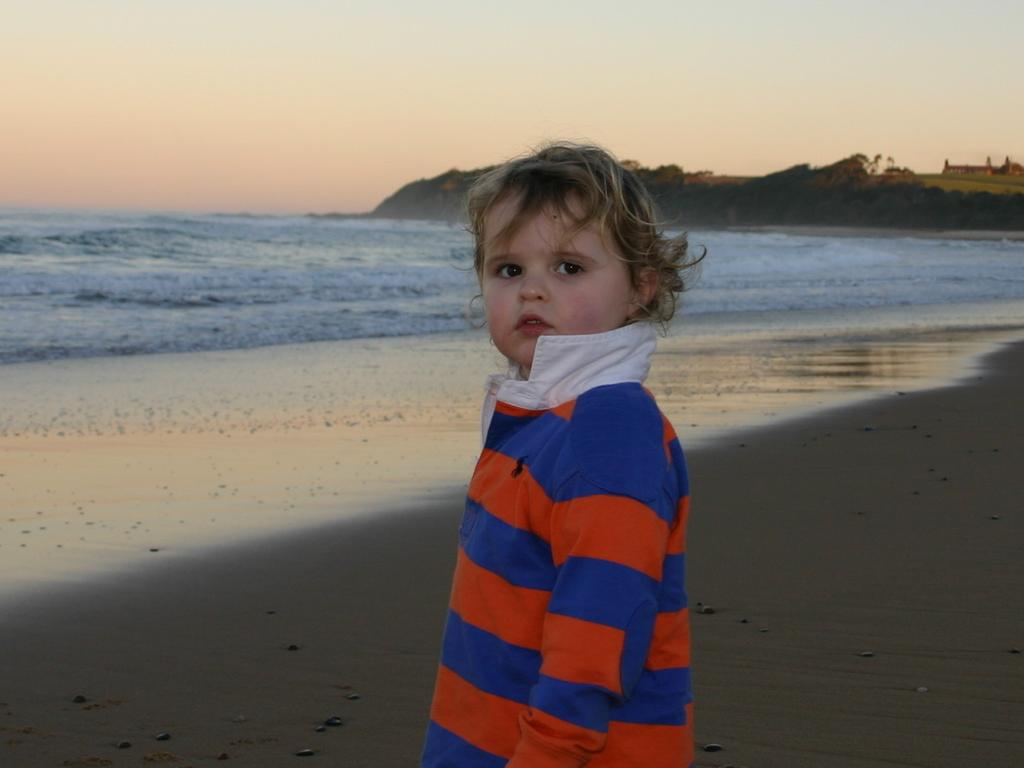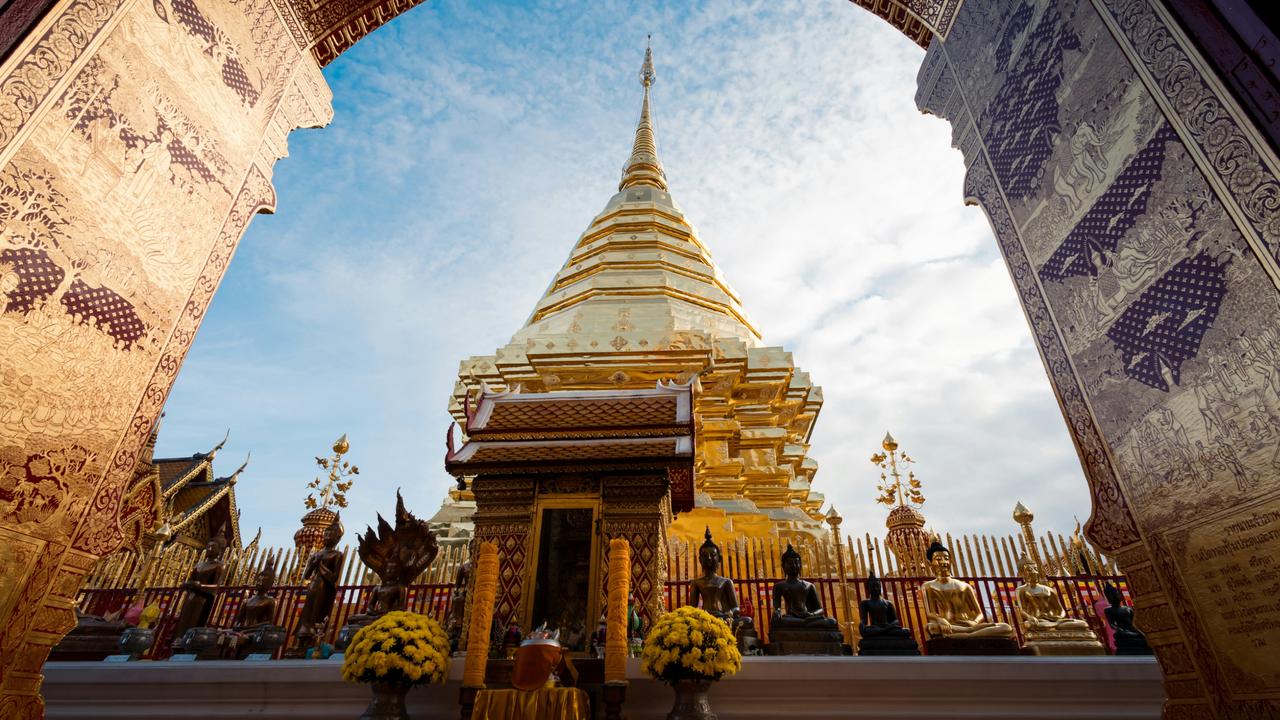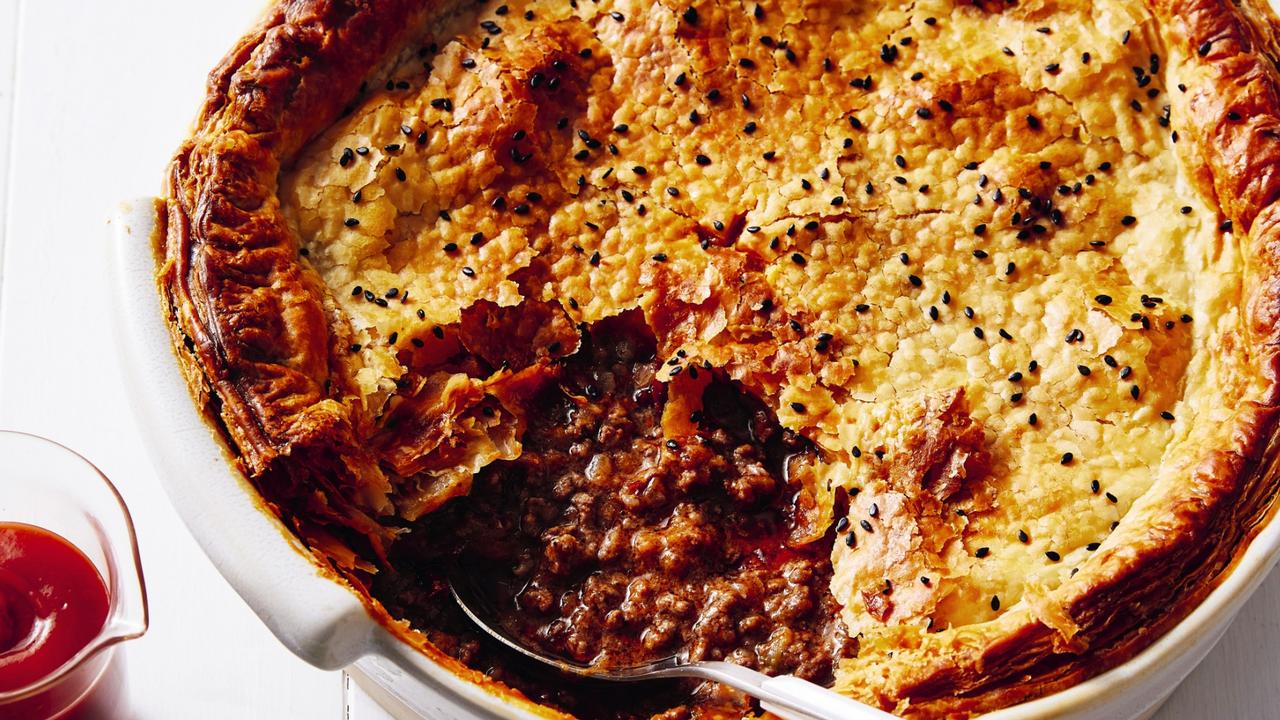Trust me: Adelaide Festival’s Ruth McCracken will take you on a journey
Ruth Mackenzie’s Adelaide Festival program is a bit like going on safari. You might see elephants at the waterhole or you might not. Either way ‘we are going to take you on a journey’.

Your association with the arts goes back to childhood in the UK. What did this entail? My parents are journalists and writers and loved the arts but weren’t especially arty themselves. Quite by accident they took me to see a children’s choir and we were all very enthusiastic, and then they took me to the auditions for a children’s choir set up by the composer Benjamin Britten. I got in and it was life-changing for me. We performed often in the Southbank Centre in the centre of London; from a young age I could go into the artists’ entrance and up and down the corridors. This was our playground. Only later did I realise that for a lot of young people, they don’t think that concert halls or opera houses are theirs, and that’s a terrible shame.
You’re a rare person who has managed to transform their passion into a career. I do feel so lucky that what was a passion as a child and a young person now occupies all my waking hours.
What do you like about working in the arts? People buy tickets for the arts because it nourishes you, it surprises you, it gives you unforgettable experiences. We all grow up being able to sing and draw; we all have the arts in us, and for many of us it gets beaten out of us later. [But] everybody turns to music or poetry or painting in times of celebration. And in times of grief. It’s a sort of basic way for us to understand the world.
Is there a job that compares to being an artistic director? The basic qualities are that you are the kind of protector of the artists and of the audiences. I feel that I am a two-sided human shield, to ensure that the artist has a place to make their work as brilliant as it can be, and I am also there to ensure the audience feels safe in the space. It’s about love and trust. There’s an audience for the Adelaide Festival who basically love the Adelaide Festival because its reputation is so high and they trust it to be a place of surprise… it’s a bit like a safari. You have to trust that we are going to take you on a journey. You might see elephants at the waterhole or you might see nothing, but you’ve got to trust that the experience is going to be memorable and rich.
What did you know about Adelaide before moving there 18 months ago? I knew a lot about the festival because it’s one of the world’s great festivals. But I didn’t really know anything about Adelaide. I always buy a flat where I am going to work, so the first thing I did when I was lucky enough to get this job was to buy an apartment in Glenelg overlooking the sea, which is living the dream for me.
How have you found living in Adelaide? People here are very proud of their history for being radical. This was the first place in Australia for giving votes to women; I’ve heard a lot about that. We are rightly proud of our beaches, and of our wines and our festival. The interesting thing that I didn’t know about South Australia is we are second, and sometimes first in the world in terms of giving the population non-carbon electricity.
What’s the best part of a festival for you? It’s the journey. It’s working with the artists on the journey to get to the new work and the commission. I am so lucky to get to go to rehearsals and [through] development, and of course I love the first night and the world premiere as well.
The Adelaide Festival runs from March 1-17






